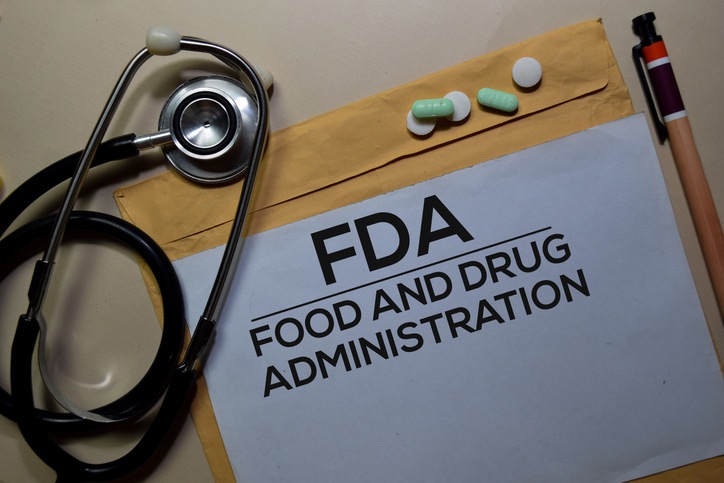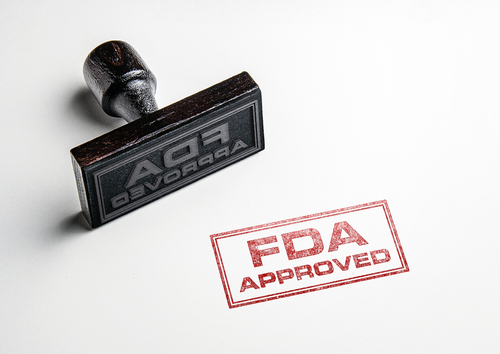
The Food and Drug Administration (FDA) will not approve filgotinib, a rheumatoid arthritis (RA) drug from Gilead and Galapagos NV, in its current form, Gilead announced in a press release. According to the company, the FDA issued a complete response letter for the New Drug Application (NDA) for the drug, requesting additional data.
“We are disappointed in this outcome and will evaluate the points raised in the CRL for discussion with the FDA. We continue to believe in the benefit/risk profile of filgotinib in RA, which has been demonstrated in the FINCH Phase 3 clinical program,” said Merdad Parsey, MD, PhD, Gilead’s chief medical officer, in a press release.
The data the FDA requested are from the MANTA and MANTA-RAy studies, according to Gilead, which investigate the effect of filgotinib on sperm parameters. The FDA also raised concerns about the filgotinib 200 mg’s overall benefit/risk profile.
Gilead expects results from the MANTA and MANTA-RAy studies to be available sometime during the first half of 2021. The company also noted, “Filgotinib recently received a positive opinion from the European Medicines Agency’s Committee for Medicinal Products for Human Use, recommending marketing authorization for filgotinib in the EU for the treatment of adults with moderate to severe RA who have responded inadequately or are intolerant of one or more disease-modifying anti-rheumatic drugs.”
In addition to the FINCH phase 3 clinical program, Gilead and Galapagos NV have several others in place for filgotinib, including the phase 3 SELECTION trial in ulcerative colitis, the DIVERSITY phase 3 trial in Crohn’s disease, and the phase 3 PENGUIN trials in psoriatic arthritis; phase 2 studies in uveitis and in small bowel and fistulizing Crohn’s disease are also underway.
Gilead submitted the NDA for filgotinib in December along with a priority review voucher.
How Effective is Filgotinib Compared to Other Treatment Options?
A previous study compared five Janus kinase inhibitors (JAK inhibitors), including filgotinib, to determine which was best for RA; the other four JAK inhibitors were tofacitinib, baricitinib, upadacitinib, and peficitinib.
Direct and indirect evidence collected from randomized controlled trials (RCTs) were compared to evaluate each medication’s safety and efficacy as monotherapy compared to placebo.
A total of five eligible RCTs were identified, encompassing 1,547 total eligible RA patients. Tofacitinib, baricitinib, upadacitinib, filgotinib, and peficitinib as monotherapy were all associated with a significantly higher American College of Rheumatology 20% (ACR20) response rate compared to placebo, with the highest ACR20 response rate observed in peficitinib 150 mg monotherapy (odds ratio=17.24.39; 95% credible interval, 6.57 to 51.80). Based on the surface under the cumulative ranking curve, the ranking probability portrayed that peficitinib 150 mg was correlated with the highest probability to be the best treatment in terms of ACR20 response rate achievement, followed by peficitinib 100 mg, filgotinib 200 mg, filgotinib 100 mg, tofacitinib 5 mg, upadacitinib 15 mg, baricitinib 4 mg and placebo. Rates of adverse events did not largely differ between the JAK inhibitor treatment groups, except tofacitinib 5 mg.







 © 2025 Mashup Media, LLC, a Formedics Property. All Rights Reserved.
© 2025 Mashup Media, LLC, a Formedics Property. All Rights Reserved.